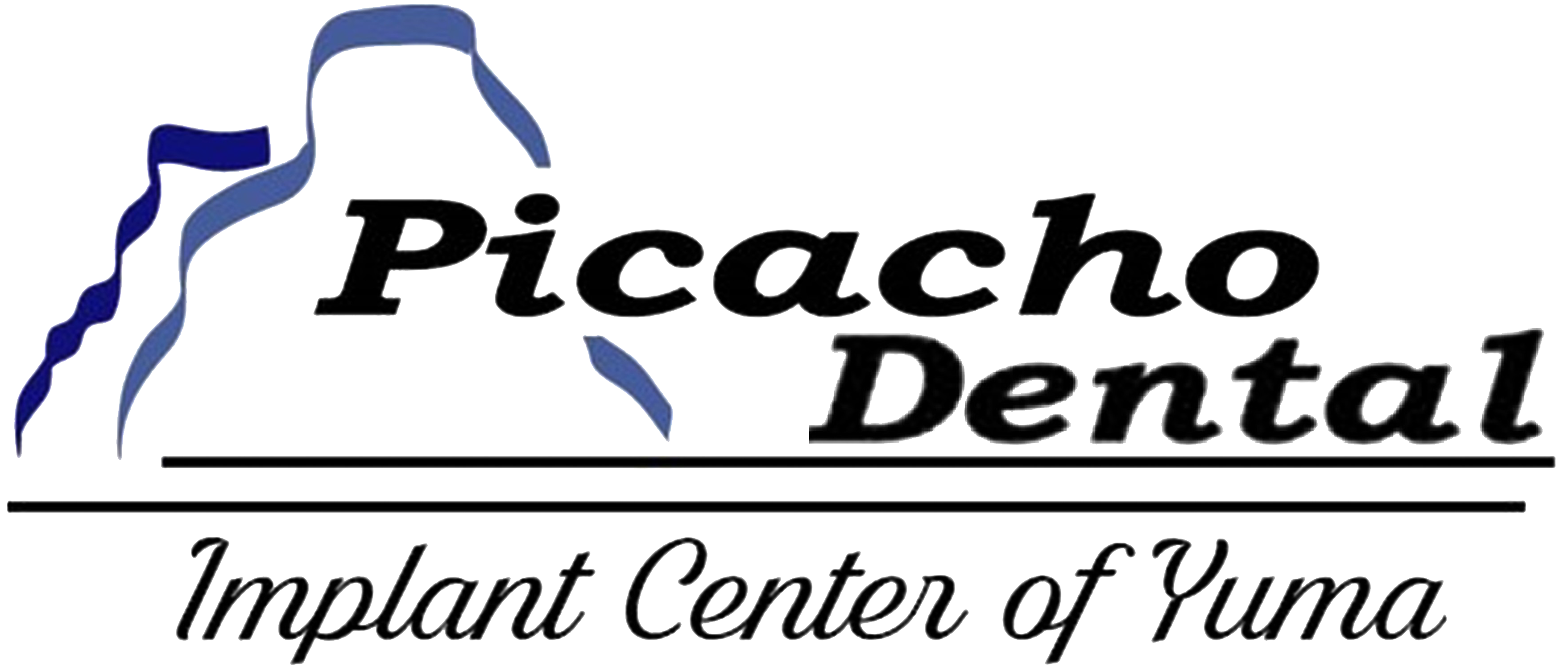Bad breath, or halitosis, is a common problem. According to the American Dental Association, nearly 80 million Americans suffer from bad breath. The most common cause of bad breath is bacteria. Bacteria live in the mouth and throat. They feed on leftover food particles. This makes your breath smell. Most people have experienced this at some point in time, but for some, it is an ongoing concern. So how can it be treated? Let's take a look!
Brushing your teeth
If you don't brush your teeth twice a day and floss at least once a day, you will most likely suffer from bad breath. Plaque buildup on your teeth may cause bacteria to form in your mouth. These bacteria will emit an odor that can be very unpleasant. Properly brushing your teeth will remove plaque from your teeth and keep it off.
It is important to brush all surfaces of your teeth, including behind your back teeth. If you leave plaque back there for too long, it will begin to wear down your enamel and cause tooth decay.
Replacing your toothbrush regulalry
When you begin to notice that your toothbrush doesn't quite get the job done in removing all of the plaque and other debris from your teeth, it may be time to replace your toothbrush with a new one. A worn-out toothbrush won't be able to remove as much plaque from the teeth and may irritate the gums. Replacing your toothbrush every three months is recommended. It is also important to change your toothbrush after you have been sick so that you don't reinfect yourself. It is recommended that everyone change their toothbrush after being sick to prevent them from getting sick again in the future.
It is best to use a soft-bristled or electric toothbrush since these are easier to use and will do a better job of cleaning your teeth.
Flossing your teeth
Toothbrushes can't reach between teeth to clean away food particles and plaque that might lead to bad breath. When you don't floss regularly, food and bacteria build up between the teeth and on the gums and create an unpleasant odor. In fact, flossing is the next best hygiene habit to brushing your teeth. You can use waxed or unwaxed floss to suit your preference and needs. To get the best results, you should floss by gently sliding the floss between two teeth, going slightly below the gum line, and then back up until the two teeth touch again. Repeat this process between each tooth until you've cleaned your complete mouth.
Brushing your tongue
The tongue is one of the fastest ways for bacteria to get into your mouth and cause bad breath. By brushing and scraping the surface of your tongue, you can effectively clean away the bacteria that cause bad breath. If you don't feel like using a toothbrush to clean the surface of your tongue, you can use a tongue scraper instead. If neither of these options works for you, you can also try brushing the back of your tongue with your toothbrush to freshen your breath.
Cleaning your dentures and dental appliances
No matter how well you care for your mouth, if you don't clean all of your dental appliances, bad breath can linger.
At-home care for your dentures or dental appliances doesn't require a lot of special materials or techniques. However, there are a few things you can do to keep your devices looking good and feeling comfortable. The first thing to remember is to brush them regularly. You can use a soft-bristled toothbrush to gently scrub away any buildup. You may also want to use a specialized denture cleaner to make sure your device is completely clean.
Preventing dry mouth
You have a higher risk for bad breath from dry mouth if you smoke, use certain medications, or have a health condition that requires you to breathe through your mouth. Drink plenty of water and chew sugarless gum or candy to stimulate saliva production. Use mouthwash with fluoride in it to help fight tooth decay and gum disease associated with dry mouth. Also, avoid sugary drinks and foods and acidic foods and drinks like citrus fruits or coffee, which can contribute to the risk of dry mouth. If you suffer from dry mouth, talk to your dentist about prescription-strength dry mouth products that can help ease your symptoms.
Visit Picacho Dental, 3325 S Ave 8 E Suite 4, Yuma, AZ 85365, for a consultation to discuss the best dental treatment option for you. Make your appointment at (928) 344-3177 right away.




